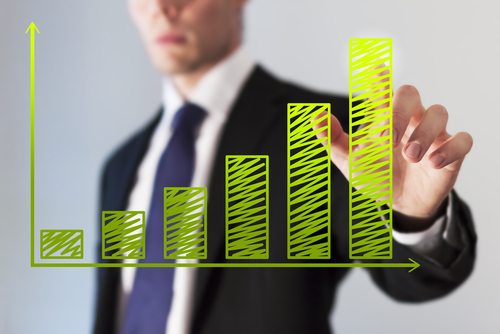
Have you noticed how technology firms have been in the vanguard for embracing green buildings? According to CityMinded.org, Silicon Valley boasts more than 100 LEED-certified buildings. Google, Facebook, Intuit, Yahoo, Adobe and Skype are among this group. And Apple’s Cupertino Campus 2, located on a former Superfund site and slated to open in 2016, will generate its own power. More than just being impressive, these companies are setting the standard for other businesses to follow.
Corporate Citizenship and the Impact of Fair Trade
Microsoft and Apple are motivated to embrace good corporate citizenship like environmentalism. Both companies have faced serious ethics charges: Microsoft settled a major antitrust lawsuit that began in the 1990s, and Apple has continually battled reports about abusive practices at Chinese-owned sites that manufacture iPhones and iPads.
Corporate citizenship — the notion that companies should behave responsibly for the good of the larger community — has no doubt been influenced by the fair trade movement. Fair trade activists successfully challenged major coffee distributors like Starbucks and Nestle to forgo purchasing from large Latin American coffee plantations with questionable human rights practices in favor of independent farmers. Later, they persuaded other industries with overseas operations in developing nations to investigate and end abusive practices in manufacturing, farming and mining.
Environmental Action Is a Natural Fit for Small Businesses and Entrepreneurs
Today’s businesses are much more cognizant about how their practices can influence their reputations. Still, there is an undercurrent of opinion that taking ethical, and particularly sustainable, actions too far can hurt the bottom line. Small businesses and entrepreneurs, however, are less burdened by these concerns. In fact, many build environmentalism and ethical practices into their business models.
The sustainable smartphone manufacturer Fairphone is one example. It gets its raw materials from conflict-free sources in one of the most dangerous places in the world — the Democratic Republic of Congo — to encourage economic and political stability. It also works closely with its Chinese manufacturers to improve working conditions. It recycles old phones that are beyond repair and embraces a number of ethical and environmental practices.
Entrepreneurs are more likely than other businesses to find themselves in the forefront of social movements. For example, Monica Stephenson, a jewelry blogger based in Seattle, was involved in filming “Sharing the Rough,” an upcoming documentary on gemstone mining in Africa by gemologist Orin Mazzoni. Unlike the diamond trade and its violent history and ties to apartheid-era South Africa, gemstone mining is dominated by self-employed miners with real passion for their work and the gems they uncover. “It’s not just conflict gems,” Stephenson tells Ritani. “Gems can do such good in the communities they come from.”
Consumers Support Sustainable and Ethical Products
Businesses that take ethics and sustainability seriously can discover a loyal customer base.
In 1987, a Maryland investment firm created the first socially-responsible mutual fund. By July 2014, the Calvert Equity portfolio held $2.9 billion, according to Entrepreneur. The fund invests in companies that are actively working to minimize their environmental impact and preparing to address climate change, according to senior leaders. Its top investors include Apple, Costco and CVS.

